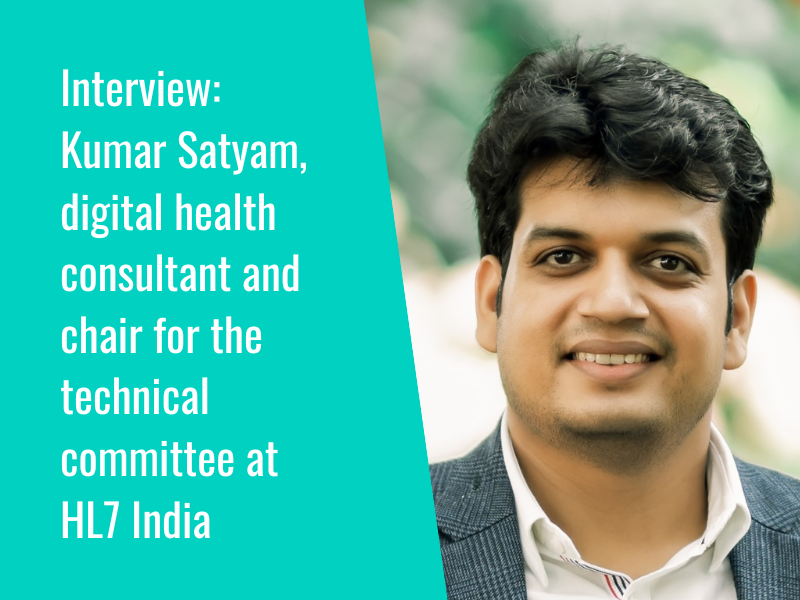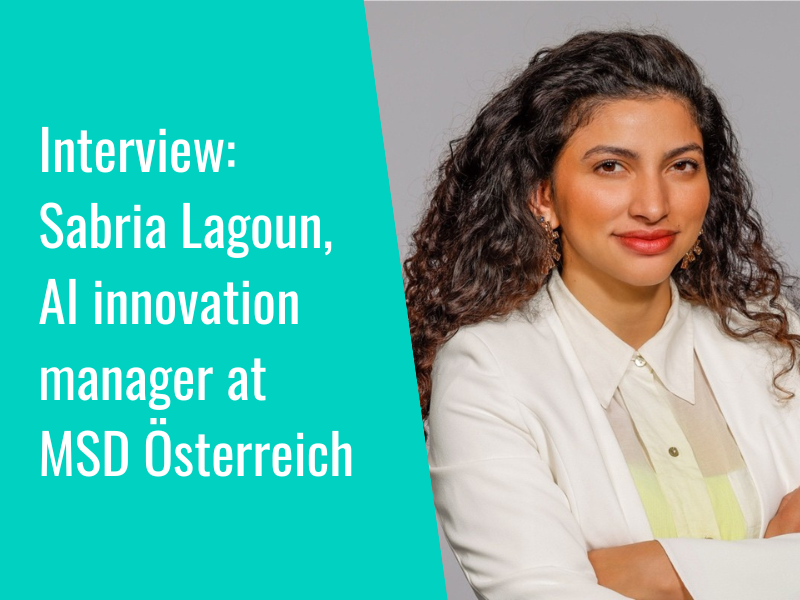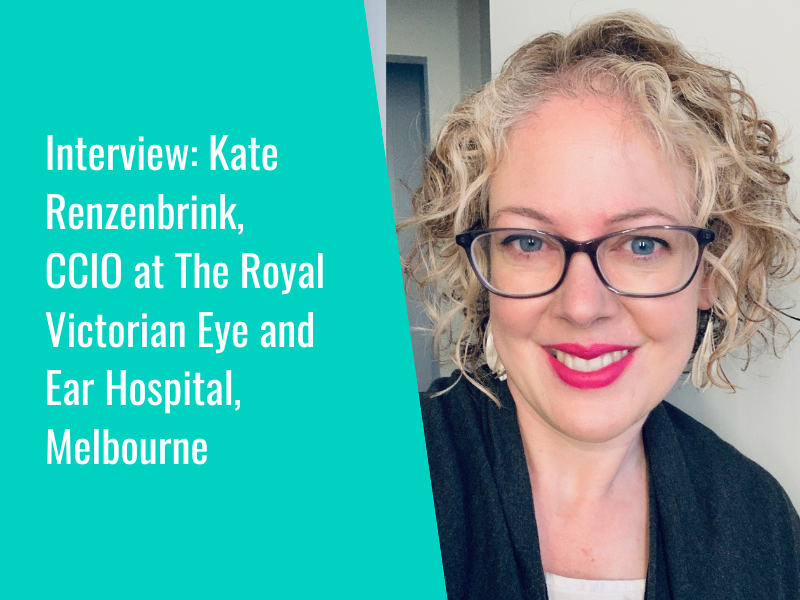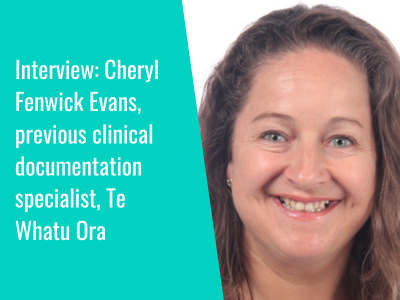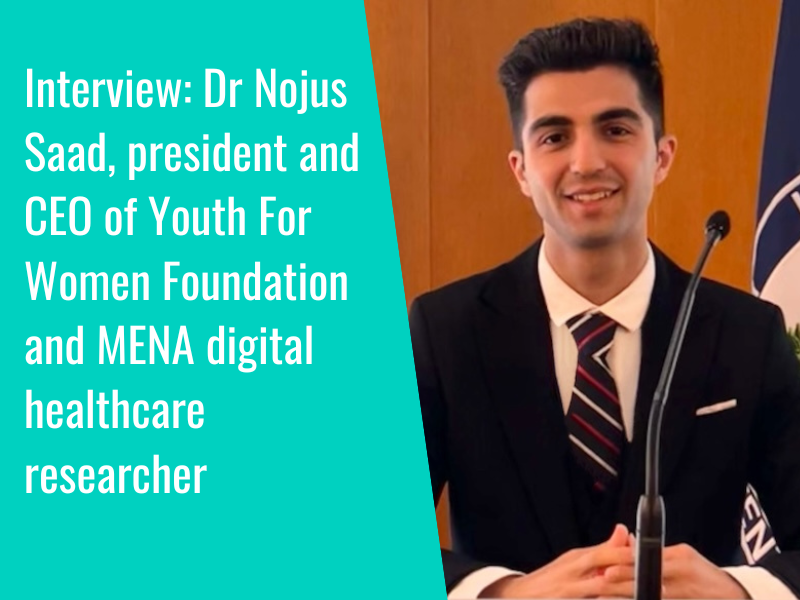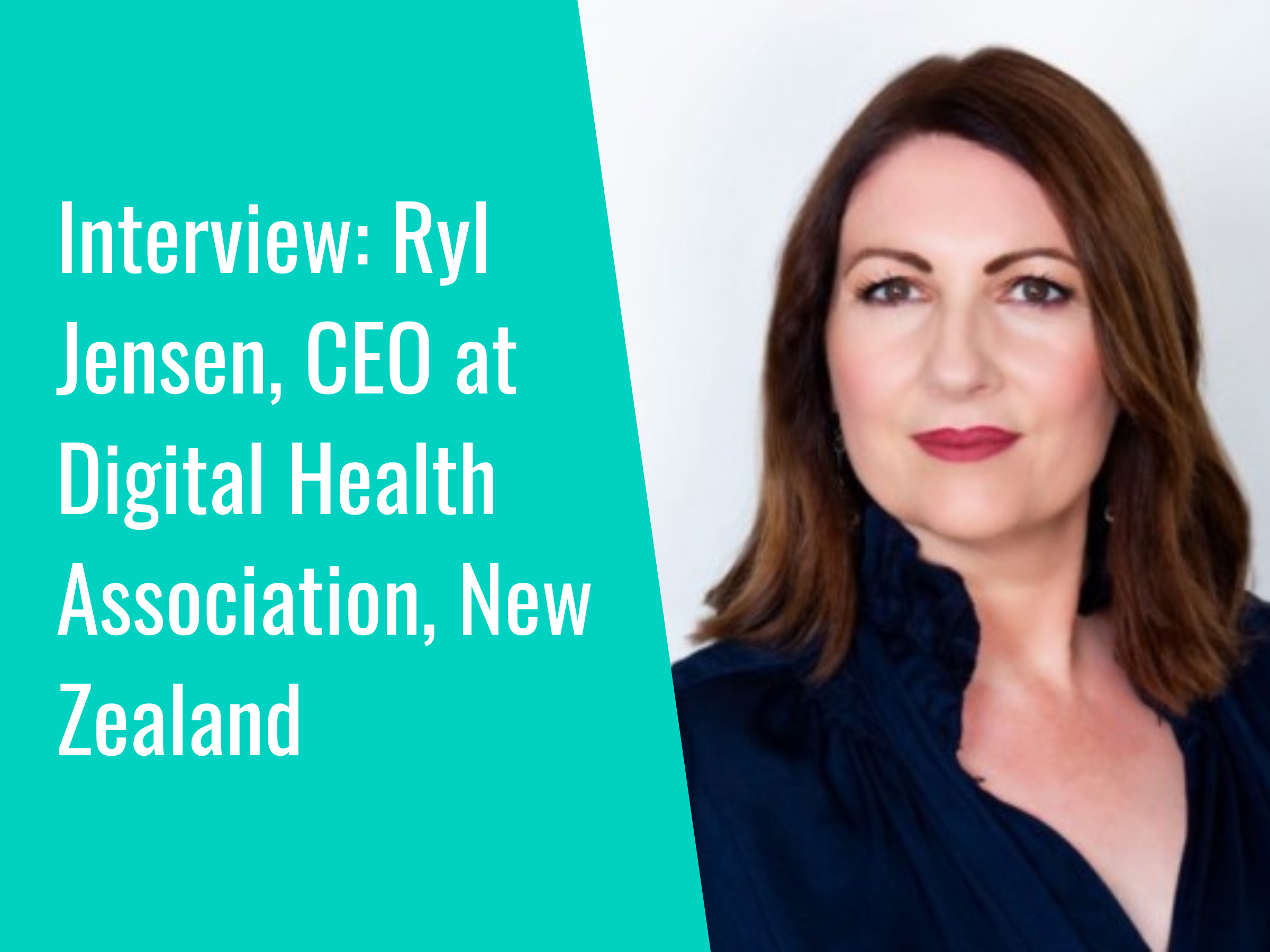As HTN takes on an international approach, we’re pleased to share our interview with Keltie Jamieson, chief hospital information officer for Bermuda Hospitals Board. Keltie discussed her career path through digital health, Bermuda’s digital priorities at health board and national level, and her insights into the digital health landscape on the island.
Hi Keltie, can you tell me about your current role and how you got here?
As chief hospital information officer for Bermuda Hospitals Board, I’m responsible for our digital health team as well as our project management office. I’ve been in this role for just over a year now.
In terms of my career trajectory, I’ve always worked in healthcare. I started my career working in a mixed primary care specialist clinic in Nova Scotia, Canada; I was there when they implemented their first electronic health record, the first in the province, and I got really into being a super-user and helping people find efficiencies.
After that, I went and worked for the vendor for several years, before I moved to Alberta Health Services, which marked my foray into working in the acute healthcare system. I worked in a number of different roles there before I came back to Nova Scotia in 2015 and took on the CIO role for the newly formed Nova Scotia Health Authority.
Seven years on, I’m now at Bermuda Hospitals Board (BHB). BHB is responsible for Bermuda’s only acute care medical and mental health hospitals, as well an urgent care centre, on-site long term care for seniors, intellectual disability group homes and day care services and substance use services.
The digital health landscape in Bermuda
Early this year, the BHB Board approved the BHB Digital Health Strategy. The strategy is founded on four pillars and focuses very much on how we need to grow from a digital perspective; pillar one centres around IT uplift, pillar two is about digitising operations, pillar three focuses on digital evolution and the last pillar is digital innovations and insights. It has been developed to support the vision and mission of the BHB strategy and it considers how we implemented a full suite of Cerner products across our hospitals last October, and the need to leverage the work around that.
I also see the strategy as an integrator across Bermuda – we need to think about how we can connect the dots not only across Bermuda Hospitals Board but also out into the community, emphasising a people-centred care approach.
That dovetails with the priorities set out in the national digital health strategy, which is set to be published soon. In terms of recommendations, there are some infrastructure purchases that require investment to enable us to do what we want to – again, they largely focus around connecting systems and having access to population health data. An example would be an enterprise master patient index; there’s a lot of thinking around repositories and where information is going to, leveraging what we have.
The national digital health strategy also considers the form these digital health improvements will make – how will we serve them up for different perspectives, for providers or clinicians or patient-citizens?
Another key priority for that strategy is information use and standards. What kind of information needs to go into the repositories, how does it get there, who needs to provide it? The first phase, which just got approved in cabinet, focused on the strategy, the ‘what we want to do’ side of it. Last month, we kicked off the next stage, which centres around how we are going to do it, and the proposed budget timeline. We published the Bermuda Hospitals Board strategy back in January and the national digital health strategy is set to be published soon. It is clear there are lots of synergies between the two, especially when you consider that we are a small island with a population of 65,000. Both strategies consider the foundational data assets that we need to support us in our digital health journeys, both highlight the needs from clinicians and patient-citizen perspectives around access to information, analytics, and population health. They prioritise the same digital health veins. I think of the strategies as complementary in what they are trying to accomplish.
Bermuda’s digital health challenges
It’s not unique to Bermuda, but cost is obviously an issue. There can be challenges around seed money, the upfront capital and how to approach it. You do see the long-term payback, but it isn’t always easy to argue that you need the investment upfront.
Specific to Bermuda in some ways, the size can be a challenge. Whilst there’s lots of research potential, it doesn’t always give you economies of scale when you start to implement things. If you implement a solution in a health trust in the UK, it could be extending over one million people in that footprint. Here in Bermuda, we can’t get those figures, so I think there are savings related to size that we can lose out on.
On a related note, I think there are concerns in our population around privacy and security of data, because we are so small. So many people know each other, and within a few data points, there is an identification possibility. One of the things we are looking at from that perspective around our population health is the potential of having a synthetic dataset upfront in the architecture, completely statistically relevant, but at no point does a patient in that dataset make up an individual in our population. That gives us more freedom to be able to do the population health level analysis that we want, that we want to without the worry that somebody may see something or deduce something inappropriate.
If you could solve one digital health challenge for Bermuda, what would it be?
If I was answering this question without funds, my immediate answer would be that someone would give me the money to solve a problem!
I think I’d want to tackle the challenge of understanding what digital health really is. In the community, it’s probably not understood all that well. It’s fairly new to our population – we put in our first organisation-wide electronic medical record system last year. Lots of our community partners do have electronic medical records, but we have some work to do to make sure the potential of a cohesive digital strategy is fully embraced. I think developing that understanding would likely allow us to go faster in our digital journey – as it is, we’re taking a piecemeal approach where we are trying to bring people along with us bit by bit to make sure they feel comfortable and understand factors like security and privacy.
Is there a digital project that you are most proud of from your career?
I only came to Bermuda two months before we implemented our electronic medical records information system at the hospital, so as much as I’m very proud of it, I don’t want to take credit for it.
There’s been some great work around people and culture. We’ve been building the team as more of a clinical support partner – we’ve never really had much space in the hospital before but we have built a digital health hub, a collaborative space where we can be closer to the frontline and the work that they do, which is good for us and also helps our frontline to understand more about the technology that drives many of their transactions. It’s been a definite shift from the traditional model of the IT team being located in a corner somewhere.
What are you the most excited about in your role?
For me, it’s the idea of being able to bridge the BHB and national digital health strategies and really starting to integrate across a country. Whether the country is big or small, I think integration comes with a lot of the same nuances, but also a lot of value.
From a research perspective, Bermuda having a 65,000 population from cradle to grave means that we have a really interesting dataset. If you were to go to most hospital systems, they’re going to have a catchment, but it isn’t necessarily going to catch the demographics that you would across a whole country, because it’s going to be affected by a specific area’s socio-economic impacts. We really do have an opportunity here to do some great things from a healthcare outcomes and patient population perspective, but also to support research internationally.
What about the future of digital health on a wider scale – what excites you there?
One of the items in our Bermuda Hospitals Boards strategy is that we want to be a research hub internationally for digital health. We’re thinking about how we can leverage our profile internationally and really start to build a research methodology into our informatics programme. So when we look at things like AI, we’re asking ourselves how we can approach it from a research perspective.
On top of that, I think we have an amazing opportunity to use technology to enable best possible care, with better outcomes and potentially lower costs for patient visits – a double win.
Many thanks to Keltie for taking the time to join us.
- 1
- 2



